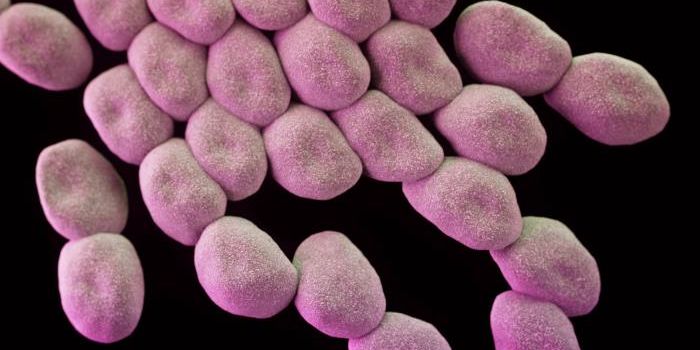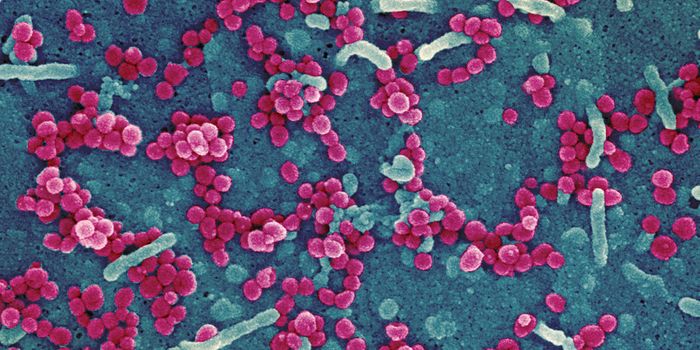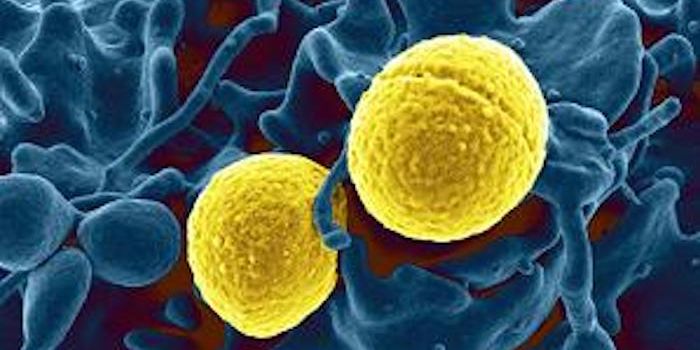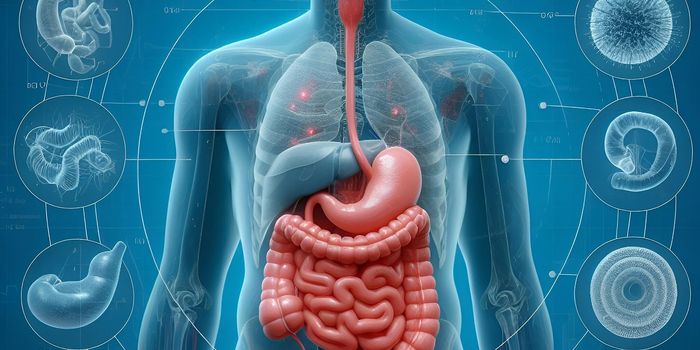Understanding Why Gut Microbes Can Increase Heart Disease Risk
The microbes in the gut can metabolize some of the foods we eat to produce new molecules, some of which can affect our health. Researchers have previously shown that gut microbes can metabolize proteins in the diet to generate phenylacetylglutamine (PAG), a chemical that increases the risk of heart disease. New research has confirmed that link using human data, and expanded on what we know with an analysis of heart cells. The findings have been reported in Circulation: Heart Failure. This research may help scientists develop strategies to mitigate PAG-associated risks.
This study assessed data from over 3,000 Americans and over 800 Europeans. It showed that increased PAG levels are linked to heart failure. Individuals with heart failure with preserved ejection fraction, in which there is a lack of heart muscle relaxation between beats, have elevated blood PAG levels, for example.
Blood PAG levels may serve to predict who is at risk for heart failure, suggested corresponding study author Stanley Hazen, M.D., Ph.D., department chair of Cardiovascular & Metabolic Sciences at the Lerner Research Institute. "The data build a strong case that making this test available for clinicians would add to their arsenal of diagnostic tests for heart failure."
Hazen and colleagues reported that PAG can influence adrenergic receptors on platelets, which can affect things like blood clotting risks, in a study reported in Cell in 2020. That study is outlined in the video below.
This latest rsearch also showed that PAG and the parallel molecule found in mice, phenylacetylglycine, promote changes in gene expression and conditions that are related to heart failure, such as a reduction in contractility in certain heart cells.
Heart failure and cardiac disease is still a major cause of death around the world. Changes in diet that affect PAG levels may be one way to reduce the risk of heart disease.
"This study substantially expands the breadth of possible links between our diet and how our gut microbiome serves as a filter of our diet, impacting our susceptibility to develop different diseases," said Hazen. "In this case, gut microbes form a metabolite from the amino acid phenylalanine in dietary protein, adversely impacting the function of a beating cardiac muscle cell."
Hazen's team is searching for the bacterium or bacteria and the enzymes they make that are involved in PAG production, and how to reduce PAG levels. Diet modifications might be a way to reduce risk too, added Hazen.
Sources: Cleveland Clinic, Circulation: Heart Failure









